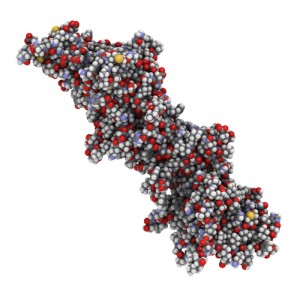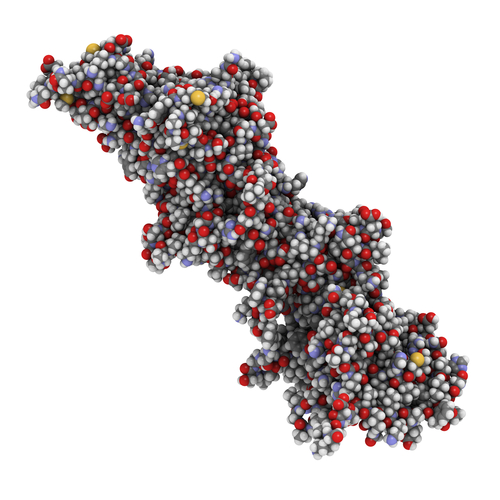 According to a recent study entitled “The impact of a BRCA2 mutation on mortality from screen-detected prostate cancer” and published in the British Journal of Cancer, men with a BRCA2 mutation face an increased risk of prostate cancer.
According to a recent study entitled “The impact of a BRCA2 mutation on mortality from screen-detected prostate cancer” and published in the British Journal of Cancer, men with a BRCA2 mutation face an increased risk of prostate cancer.
These types of mutations are associated with more aggressive tumors, leading to additional treatments to improve disease outcome. However, the effect of BRCA2 mutations’ status on mortality in the setting of screen-detected cancers is still not defined.
In this study, the authors analyzed 4187 Canadian men who underwent a prostate cancer biopsy for an elevated prostate-specific antigen (PSA) or an abnormal digital rectal examination between 1998 and 2010.
Biopsies showed that 45.5% of men had prostate cancer (cases) and 54.5% were healthy (controls), with researchers following patients for death from prostate cancer until December 2012.
The team sequenced the complete BRCA2 gene to look for possible mutations, finding a BRCA2 mutation in 1.4% of cases versus 0.4% of controls.
Several differences were found between men with prostate cancer that screened positive or negative for the mutation, such as average age at diagnosis (67 vs 65 years), average PSA concentration at diagnosis (56.3 vs 13.3 ng/mL) and the proportion of men with high-grade disease (96 vs 54%).
After a mean follow up of 8-7 years, overall survival was 73% and 96% for mutation carriers vs non-carriers. Furthermore, the 12-year prostate cancer-specific survival rate was 94.3% for men without a BRCA2 mutation and was 61.8% for men with a mutation
Even though the survival of men with BRCA2 mutations was poor, previous studies reported significantly worse outcomes in these patients, indicating that screening could be associated with improved survival.
Because BRCA2-positive prostate cancers are endowed with an aggressive nature associated with low survival outcomes, the authors suggest that men carrying this mutation could benefit from additional therapies, such as cis-platinum (a chemotherapeutic drug) or a PARP [poly ADP-ribose polymerase] inhibitor.

